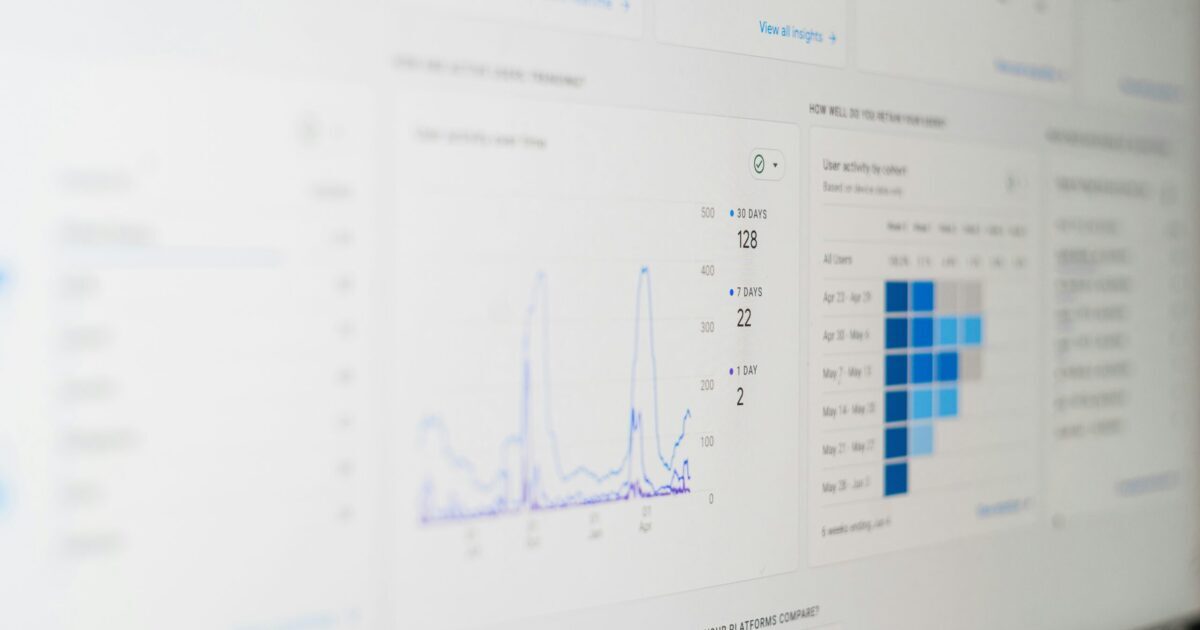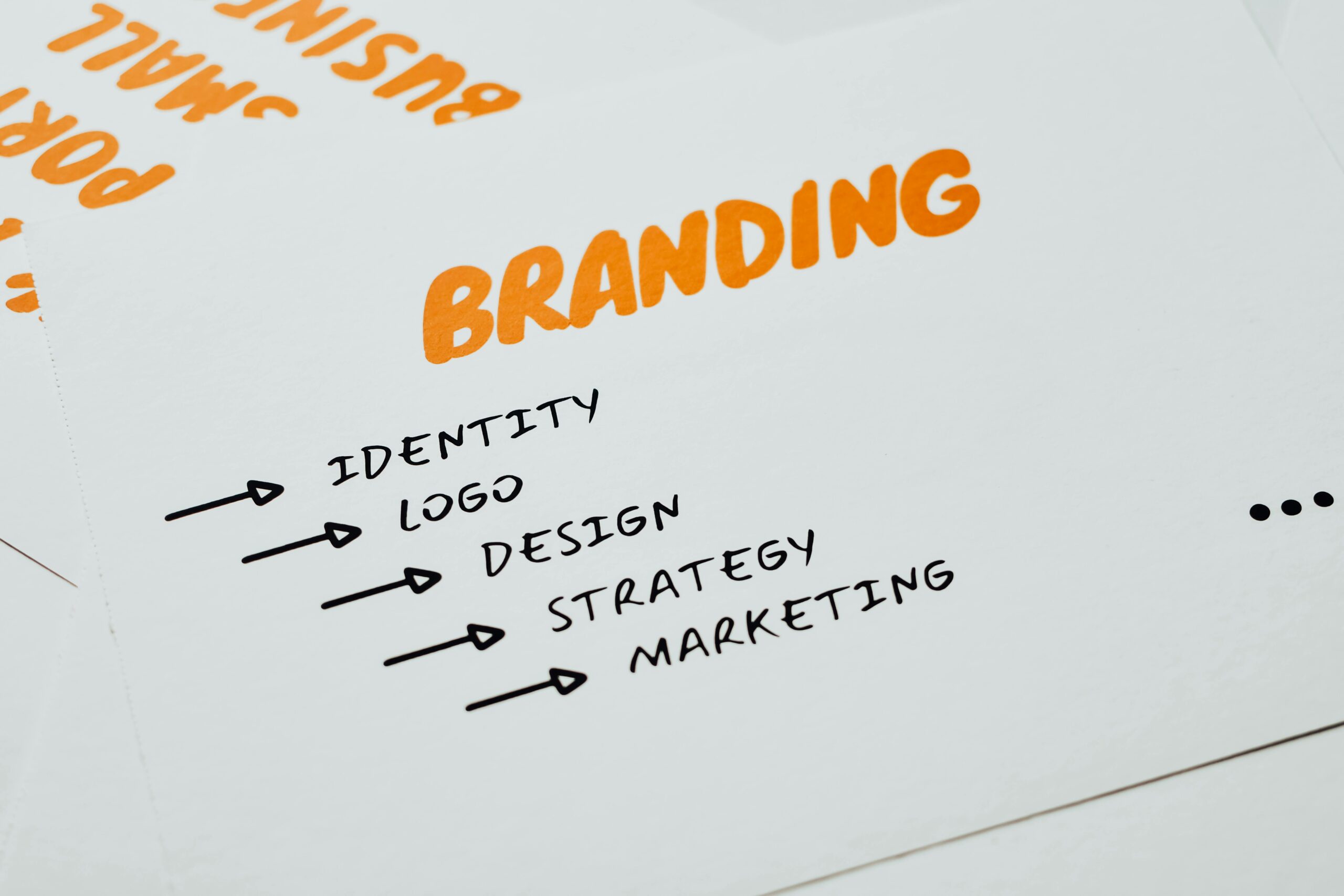Search engine optimization can be your best friend—or your worst enemy—depending on how you approach it. Many website owners unknowingly sabotage their own rankings with small but critical errors.
The frustrating part? Most of these mistakes are avoidable once you know what to look for.
1. Ignoring Search Intent
It’s not enough to target keywords—you need to understand what people actually want when they type those keywords into Google. Writing a blog post when searchers are looking for a product page, or vice versa, sends the wrong signals to search engines.
Example: A bakery writes a detailed blog post about cake recipes for the keyword “order birthday cake online.” The problem? People searching that phrase want to buy, not bake. The result—low click-through rates and poor rankings.
2. Keyword Stuffing
Repeating the same keyword over and over used to work—ten years ago. Today, it makes your content look spammy and drives users away. Google’s algorithms are much better at recognizing natural language.
Example: A travel blog repeats “best hotels in Paris” ten times in a single paragraph. It reads awkwardly, and visitors click away quickly.
3. Neglecting Mobile Optimization
More than half of all web traffic now comes from mobile devices. If your site isn’t mobile-friendly, you’re losing both visitors and rankings. A responsive design is non-negotiable.
Example: An online clothing store has a beautiful desktop site but images overlap and buttons are too small on mobile. Users leave before buying.
4. Forgetting About Page Speed
Slow-loading pages frustrate visitors and increase bounce rates. Even a two-second delay can hurt your conversions. Use tools like Google PageSpeed Insights to identify performance issues.
Example: A portfolio site for a photographer takes 12 seconds to load because of uncompressed high-resolution images. By the time it loads, the visitor is already browsing someone else’s site.
5. Not Using Meta Titles and Descriptions Properly
Meta titles and descriptions don’t just help with SEO—they influence whether someone clicks on your result in the first place. Leaving them blank or stuffing them with keywords is a wasted opportunity.
Example: An article ranks well for “easy vegan dinner recipes” but has a generic title: “Home.” Users skip it because it doesn’t look relevant in search results.
6. Overlooking Internal Linking
Internal links guide both search engines and visitors through your site. Without them, your content can become an isolated island, hard to find and harder to rank.
Example: A finance blog writes 20 in-depth articles on budgeting but doesn’t link them together. Readers finish one post and leave, unaware of other valuable guides on the same site.
7. Ignoring Analytics Data
If you’re not tracking what works and what doesn’t, you’re flying blind. Tools like Google Analytics and Google Search Console give you valuable insight into your audience’s behavior.
Example: A coach publishes two blog posts—one gets ten times the traffic, but they never check analytics. They miss the opportunity to write more content that their audience clearly enjoys.
8. Using Duplicate Content
Copying and pasting from other sites—or even from your own pages—confuses search engines and can lead to penalties. Always aim for unique, original content.
Example: A product description is copied from the manufacturer’s website. Since dozens of other sites use the same text, the product page struggles to rank.
9. Focusing Only on Rankings
Rankings are important, but they’re not the whole story. Traffic, engagement, and conversions matter just as much, if not more. A high ranking without clicks or sales is meaningless.
Example: A site ranks #1 for “free budget spreadsheet” but has a poor download form that deters users from completing it.
10. Not Updating Old Content
SEO isn’t a “set it and forget it” game. Old posts that aren’t refreshed can slip down the rankings. Regular updates keep your content relevant and valuable.
Example: A marketing blog’s 2019 “Top Instagram Trends” post still gets traffic, but the information is outdated, causing readers to bounce quickly.
11. Forgetting the Human Element
Google’s algorithms are designed to prioritize helpful, engaging content. If you’re writing only for search engines, you risk alienating the people who actually read your work.
Example: A blog post is technically optimized but dry and robotic. Visitors leave before reaching the end, sending poor engagement signals to search engines.
How to Turn These Mistakes Into Wins
Fixing SEO mistakes isn’t just about avoiding penalties—it’s about building a stronger, more trustworthy website. Start small:
- Audit your site for technical issues.
- Review your content for search intent.
- Refresh old posts with updated information.
Over time, these small steps can lead to massive improvements in both rankings and user satisfaction.
Quick SEO FAQs
How long does it take to see results after fixing SEO mistakes?
It depends on the severity of the issues and your site’s authority, but many people notice improvements within 3 to 6 months.
Should I focus on SEO or social media first?
They work best together. SEO builds long-term visibility, while social media can drive quick bursts of traffic.
Can I do SEO myself or should I hire a professional?
You can absolutely start on your own with free tools and resources. Hiring a pro can speed up results and help avoid costly errors.
If you want more practical tips on optimizing your site and avoiding common pitfalls, check out the expert guides at Mediacize: https://mediacize.com





